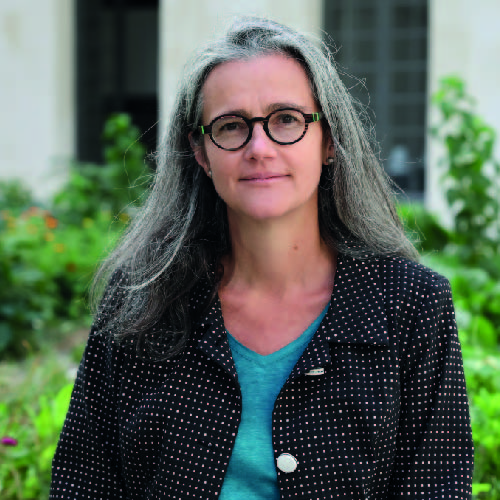AESOP 2024 ANNUAL CONGRESS | TRACKS
36th AESOP Annual Congress 2024 Paris, France
“GAME CHANGER? Planning for just and sustainable urban regions”
TRACK 11: HOUSING
Planning for affordable cities and new models of living
Chairs:
- Massimo Bricocoli, Politecnico di Milano
- Bruno Marot, Union sociale pour l'habitat
- Francesca Ferlicca, Sciences Po Paris
Housing has long been overlooked in the policies of most countries, but lately, the housing crisis has once again become a prominent issue. Could housing become a pivotal focus of policies once more? The shortage of affordable, secure, and high-quality housing for the working and middle-class population has had far-reaching consequences on their overall well-being, living standards, and fundamental rights. Housing is particularly susceptible to climate-related challenges and represents a substantial energy consumer. This creates an immediate dilemma, as eco-friendly housing solutions may unintentionally lead to social exclusion. The growing disparities in housing within Europe have the potential to undermine the progress achieved in green transition initiatives. Meanwhile, individuals with higher incomes have reaped financial rewards and benefited from favourable fiscal and economic conditions.
These factors have exacerbated the gap between property owners and income earners or recipients of social assistance, further intensifying the socio-economic exclusion faced by marginalised communities, such as migrants, refugees, racial and ethnic minorities, as well as other disadvantaged groups like low-income working-class individuals and the elderly. This has led to an increase in segregation, with socio-spatial divisions likely intensifying even further since 2011 due to the impact of various crises, including the climate crisis, the global financial crisis, challenges related to immigrant integration, the COVID-19 pandemic, and energy crises, all of which have exacerbated global housing inequalities.
This call will focus on housing as a game-changer. Topics include a recognition of new issues, actors and policies. Some examples may be the European Union's (EU) initiatives for a green transition and their effects on housing inequalities and the EU's strategy for adapting to climate change; the adoption of nature-based solutions to safeguard ecosystems; the impact of policies for greening buildings and housing renovation; the outcome of demolition policies and housing renovation; the Just Transition initiative potential innovations; more equitable policies on distributing benefits from the green economy; impacts of broader policies on urban densification and hub-based development...
Keywords: housing, housing inequalities, greening buildings, housing renovation, demolition policies, housing renovation; urban densification
This track will host:
LOC
The Local Organising Committee













